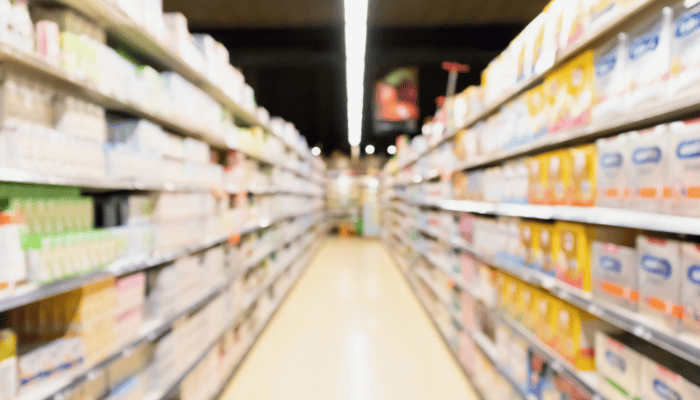The baby formula market is expanding rapidly. It has experienced significant transformations over the last decades due to the ever-evolving requirements of regulations in the European Union. The authorities have always prioritized child health and its development. Therefore, strict standards and guidelines have been introduced lately. This way, the organization wants to ensure the safety, quality, and nutritional adequacy of formula products. These developments have not only revolutionized the baby formula industry. They have also aimed to promote formula as the optimal source of nutritional benefits. The impact of EU regulations on the baby formula market can not be underestimated.
While analyzing how these measures have shaped the availability, composition, and marketing of baby formula products, we have decided to provide the main points of the ultimate goal of nurturing healthy and thriving infants.
So, how has the baby formula market changed over the recent years?
Nowadays, stricter quality and safety standards have been adopted. EU regulations often aim to reassure the safety and quality of baby formula products. Manufacturers might be required to meet harsh standards so that the formula is nutritionally balanced and safe for consumption. This leads to better-quality products on the market. So, here is a list of essential innovations that have been obtained over the last few years.
- Ingredient restrictions and labeling requirements have changed dramatically. EU regulations place restrictions on certain ingredients that were often used in baby formula before and mandate accurate and transparent labeling. For instance, certain additives or allergens are limited, and specific nutritional information must be clearly stated. Such substances as artificial sweeteners and colors, and certain synthetic flavorings are on the list of prohibited ingredients. Moreover, the regulation sets a maximum amount for different contaminants, for instance, heavy metals (e.g., lead, cadmium), mycotoxins, pesticide residues, to make sure the safety of infant formula is guaranteed.
- The main focus goes on health claims. Regulations might also control the health claims that manufacturers can make about their products. This way, it will help prevent misleading marketing and ensure that the information is accurate and reliable.
- The introduction of new formula types by EU regulations was made to promote the development and introduction of specialized formula products. For example, hypoallergenic formulas or formulas for specific medical conditions. This helps parents to find suitable options. Various new formulas have been introduced to the market, such as the Holle cow’s milk formula. Holle is a leading organic baby formula industry based in Germany. All of their formulas are certified European organic and hold the Demeter certification, which is the most strict organic label worldwide.
- Marketing and advertising restrictions have undergone changes to protect consumers. Regulations limit the advertising and promotion of baby formula products to prevent misleading or aggressive marketing tactics. With the rapid expansion of social media, more and more people seek and rely on information online. Therefore, this has to be taken under control.
- Product Registration and approval are a big part of the process. EU regulations require companies that produce baby formula to register their products and get approval from the authorities before they are marketed and sold in the European market. This process ensures that only products that are safe and compliant are available to the people.
- Quality control and testing of the products have also obtained new regulations. To comply with European Union regulations, the formula industry might need to implement strict quality control measures. And it is also required to regularly test the products to ensure they meet the standards. This means testing for content, safety, and absence of additives.
- Import and export regulations have been improved a lot. EU regulations also impact the import and export of the products. Manufacturers outside the EU must adhere to specific regulations and meet the same standards as domestic producers to sell their products in the European market.
Conclusion
EU regulations have been a hot topic for the last few years. Consumers are constantly looking for baby formulas that are made from natural and organic ingredients, free from synthetic chemicals and pesticides. Therefore, EU regulations have made their main goal to evolve and improve the rules and requirements across the countries, ensuring that the safety and quality standards apply throughout the companies. It’s important to recognize that required rules play a crucial role in creating and maintaining safety for consumer interests, especially when it comes to infant nutrition. They aim to reassure that baby formula products are beneficial, adequate, and accurately labeled. This gives parents confidence in the products they choose for their children.



